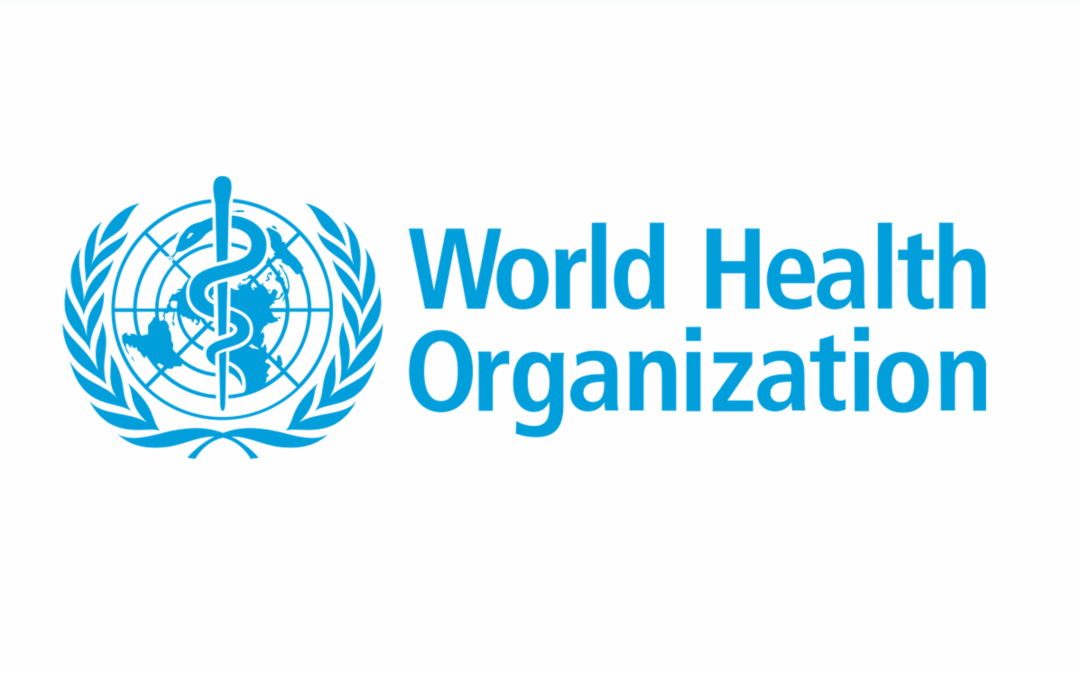WHO Member States have formally adopted an agreement that outlines a pathogen access and benefit sharing (PABS) system to encourage the sharing of data in exchange for more equitable distribution of diagnostics and therapeutics – an area of crucial importance to PDN’s mission, and to which PDN can offer expertise.
The agreement is a major achievement for world governments, with the potential to transform how the world responds to future major outbreaks. As a next step, WHO Member States need to develop and decide how a PABS system will work in practice and which actors will be involved in a planned working group responsible for its creation. The outcome is key to the future success of the agreement, to ensure countries both rapidly share materials and data, and have timely access to the benefits derived from this sharing during any new major outbreak.
Toward global alignment on pathogen access and benefit sharing
The outcome is also important to PDN, given the open data services and community of trust being built by the network are highly relevant to, and in alignment with, PABS. A strong outcome would additionally support parallel guidelines being developed by the WHO for genomic data-sharing platforms as well as the WHO International Pathogen Surveillance Network (IPSN), both of which include contributions from PDN members. The expertise of PDN and other scientists working with pathogen data and/or providing research infrastructure for scientific data would similarly benefit the finalization of the agreement’s PABS provisions.
“We are pleased that the views of scientists and providers of scientific data infrastructure have been taken into account in the development of the agreement – and extend an open offer to discuss how PDN can contribute and adapt to the PABS system.”
Guy Cochrane
Head of European Nucleotide Archive
Team Leader Data Coordination and Archiving, EMBL-European Bioinformatics Institute (UK)
“PDN’s extensive international network can help bring together new science-based policy ideas. Fresh perspectives will be needed to break the years-long deadlock and explore how fairness and scientific progress can both be built into the PABS system.”
Amber Hartman Scholz
Head of Science Policy & Internationalization Department, Leibniz Institute DSMZ (Germany)

